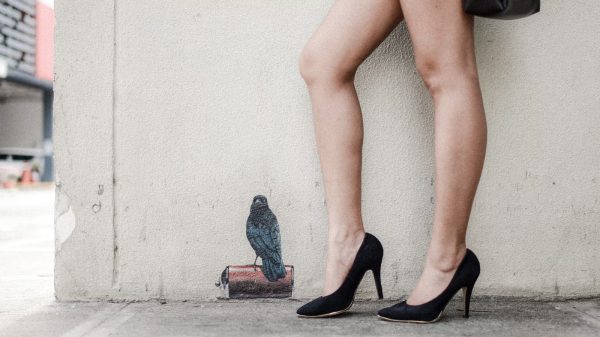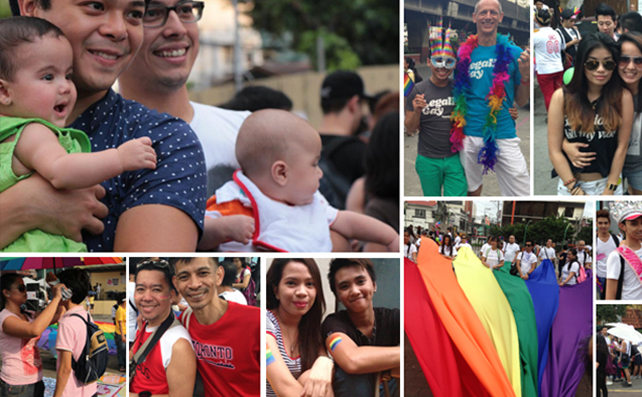Love is all we need?
It would seem so, with a study that appeared in the Journal of Abnormal Psychology finding that being in a romantic relationship can help gay and lesbian youth feel less mental distress. This is in contrast to the experience of heterosexual teens, whose romance is generally found to cause distress rather than alleviate it.
In “Romantic Involvement: A Protective Factor for Psychological Health in Racially-Diverse Young Sexual Minorities”, Sarah W. Whitton, Christina Dyar, Michael E. Newcomb and Brian Mustanski examined whether involvement in a romantic relationship, a well-established protective factor for mental health among heterosexual adults, is also protective for young sexual minorities.
“Romance” — as used here — was defined as an ongoing relationship with a lover, boyfriend, girlfriend or someone a person feels very close to.
Using data provided by a community sample of 248 racially diverse sexual minority youth (ages 16–20 years at baseline), the researchers assessed within-person associations between relationship involvement and psychological distress.
Results from multilevel structural equation models indicated that, overall, participants reported less psychological distress at waves when they were in a relationship than when they were not.
It is worth noting that – based on this study – romance can make bisexual youth feel worse. Also, there were not enough trans youth respondents to determine the effects of romance on this group.
Suffice to say, for gay or lesbian young people, being in a relationship can be a huge source of support, since the person they were dating was often the first person they would go to when dealing with issues (e.g. sharing of news to celebrate seek support if something bad happened). Their partners help them navigate issues with coming out or facing challenges including those related to their families.
In the end, the researchers stated that “marriage is a well-established protective factor for mental health among heterosexual adults. (This) study suggests that romantic involvement is also associated with psychological well-being among young sexual minorities.” As such, it is important to “attend to differences among subgroups of sexual minorities in research, theory, and efforts to reduce mental health disparities.”

































































